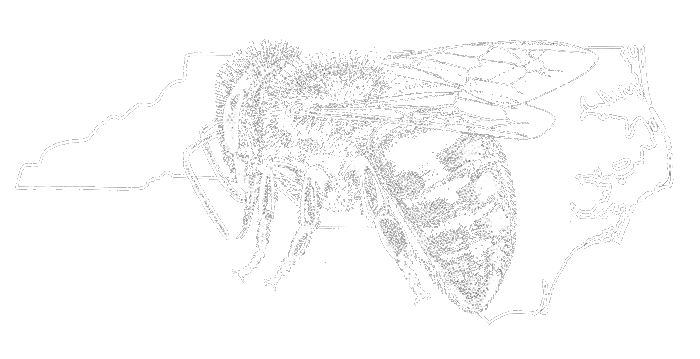Are you a beekeeper with a number of years of experience who wants to increase your understanding of bees and improve your practices? Do you feel like you might need a “booster shot” to update what you learned in your beginner bee school? Wish there was an opportunity to reinforce your experience to maximize your beekeeping success? If you answered yes, set aside two full days and immerse yourself in theoretical and practical aspects of beekeeping at the first ever BEES Academies. During live and pre-taped videos from the Beekeeper Education & Engagement System (BEES), Dr. David Tarpy, other members of the NC State Apiculture Program, and CES instructors will help you build upon your current knowledge of beekeeping by exploring topics such as:
- Honey bee anatomy
- Division of labor & bee behavior
- Queens, drones, and mating
- Diseases, parasites, and disorders
- Varroa Integrated Pest Management
- Advanced management techniques
- Africanized honey bees (*substituted by a lecture on Bee Plants in Piedmont session by Debbie Roos)
- Effects of pesticides
- Honey and other hive products
Each presentation is roughly 30-60 minutes and will be followed by a short Q&A and Discussion period. On the second day, you will have the opportunity to practice and observe important areas associated with bee management, including: Hive products, How to read a pesticide label, Diseases under the microscope (Mountains and Piedmont only), Monitoring for varroa mites, Nutrition and supplemental feeding, Identification of native bees (Coastal Plain only). Three instances of this course are being offered in three separate regions in North Carolina (Mountains, Piedmont, and Coastal Plain) and at different times during the Fall of 2019, so register for the one most convenient to you. Space is limited to the first 100 beekeepers at each event, so be sure to register early! Further information and links to online registration through the NC State REPORTER system can be found at: https://www.ncsuapiculture.net/bees-academy-home
Sincerely, the NC State Apiculture Program

